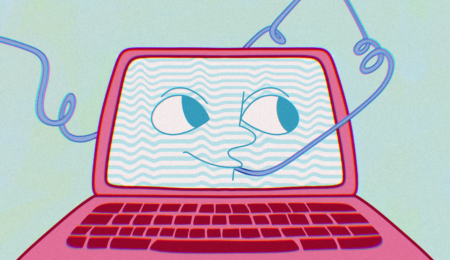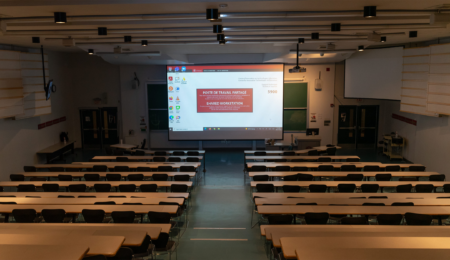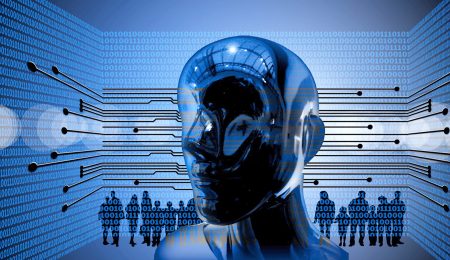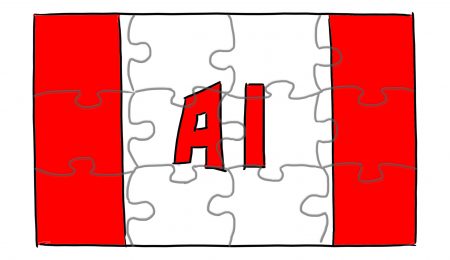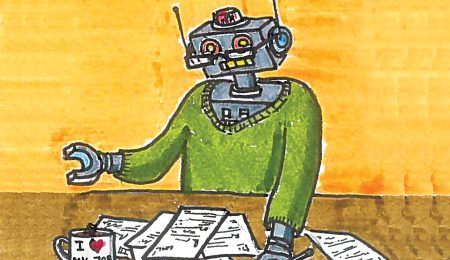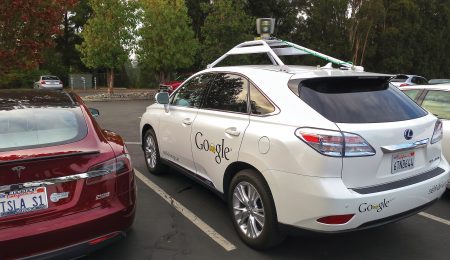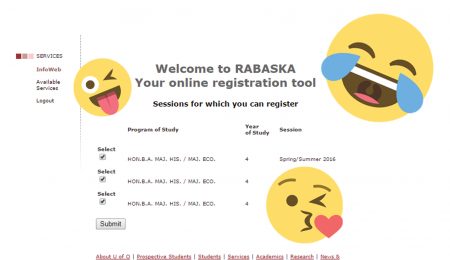There is a lot of hype, hope, and money surrounding the major tech breakthrough that is AI. But one major resource is being used to fuel it all – freshwater.
AI
In the fall of 2025, U of O students will be able to enroll in a new class discussing digital literacy.
Digital literacy is a necessity for modern education.
The problem lies in the potential applications of AI in the educational realm today … The rapid rate of growth in artificial intelligence over the past few years has brought several drastic changes to education.
How do we ensure its use won’t spark unhealthy bad habits in students and employees, or open up security risks for organizations? The Fulcrum sat down with U of O computer science Professor Diana Inkpen to discuss.
If there’s one thing technology can’t do, is replace the fundamental need for passion and curiosity in this field.
It’s great that the Canadian government is willing to invest this much in our industries, research and development, but it’s not enough to be world leaders in the development of AI. We need to be branded in Canada. Our brand should be responsible AI. Our brand should be ethical AI. And the world should know us as leaders in the development of that way of AI.
Introducing a technology that has the potential of giving one partner the utmost pleasure, without any concern for the consent or comfort of the other partner, could have serious impacts for real world couples.
Closed, cautious, protectionist societies can only stand still for so long until the currents of time will sweep them off their feet.
Driverless cars are going to be the future, whether we like it or not. So we should make sure that that future benefits Canadians—and that means embracing AI behind the wheel.
A Siri-like feature is also in the works for Rabaska, where students can get the wrong information about their courses just by speaking into their phones.

